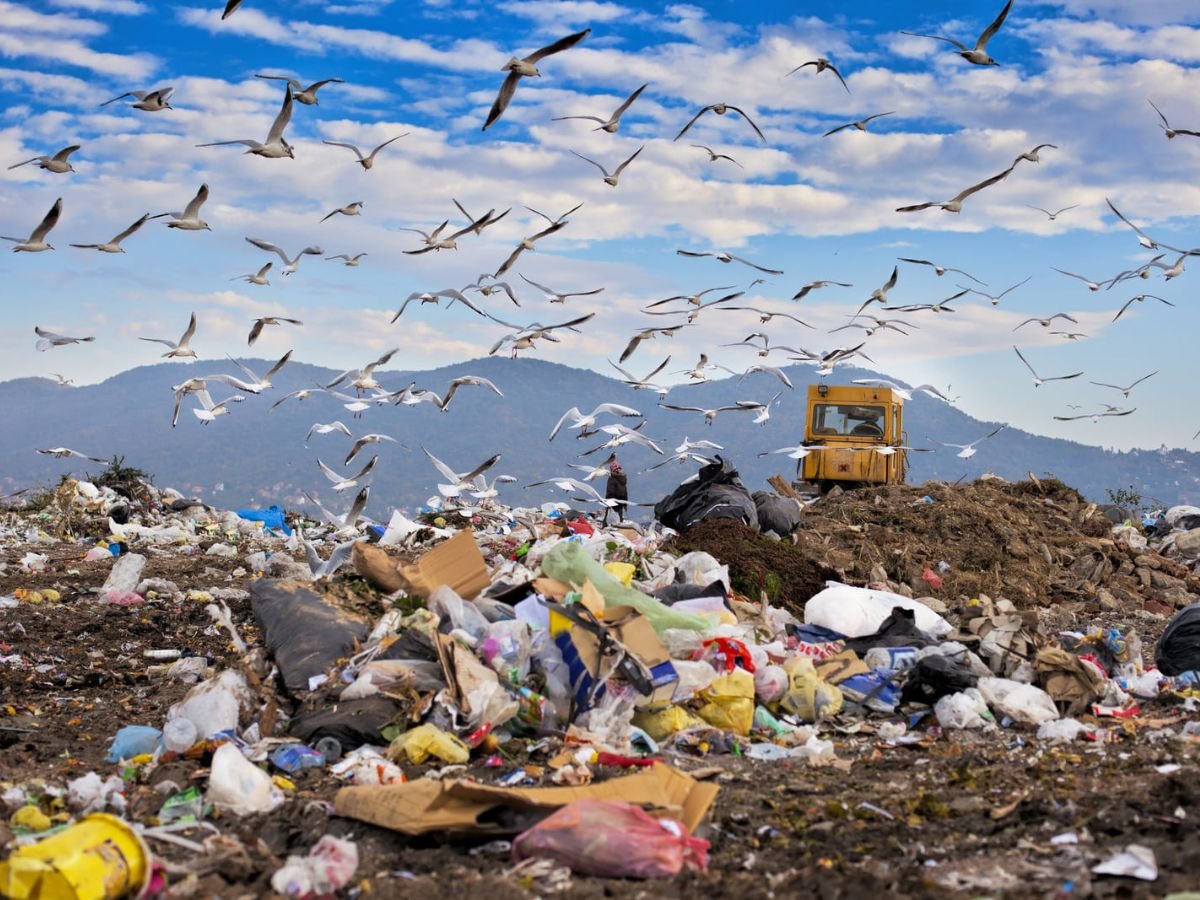The Common Challenges To Face in Waste Management

Introduction:
Waste management involves collecting, transporting, processing, and disposing of rubbish. Garbage management is tough yet necessary to protect human health and the environment. Challenges include money, logistics, laws, and the environment. We must address these issues to establish durable waste management systems.
The Common Challenges To Face in Waste Management
The following are common garbage management issues:
Budget Constraints
One of the biggest garbage management challenges is money. Implementing and maintaining waste management systems requires significant infrastructural, technological, and human resources investments. Many municipal governments cannot develop comprehensive waste management systems due to budget limitations. Budget restrictions sometimes lead to inefficient waste collection, treatment, and disposal. Cheap skip hire, public-private partnerships and international aid may help us solve this waste management problem.
Problems with operations and logistics
Waste management basics, including effective transportation and collection, face operational and logistical challenges. Congestion, tiny streets, and big rubbish volumes make garbage collection difficult in densely populated cities. However, rural areas may have long distances between collection stations and disposal locations and inadequate infrastructure. Illegal dumping sites and seasonal rubbish output complicate waste management. To tackle these issues, waste management systems should be locally adapted by investing in appropriate vehicles, improving collection routes, and implementing community-based rubbish collection programs.
Problems with Regulation and Compliance
Waste management is regulated by a complex system to protect human and environmental health. However, these restrictions may be hard to enforce. Many waste management companies struggle to get approvals, meet strict disposal and treatment requirements, and keep up with changing regulations. Uneven regulatory enforcement causes illegal dumping and poor waste management. These compliance concerns may be resolved by strengthening enforcement procedures, regulatory frameworks, and waste management expert training and support.
Environmental Impact
As global rubbish production rises, waste management’s environmental impacts grow more serious. Improper waste disposal and treatment may pollute land, water, air, and greenhouse gases. Landfills emit methane, a potent greenhouse gas. If uncontrolled, rubbish incineration may emit harmful pollutants into the air. Recycling, garbage reduction, and environmentally friendly treatment methods should be used for waste management to reduce environmental impact. Laws that promote the circular economy, which treats trash as a resource, may reduce waste management’s environmental effect.
Lack of Awareness and Participation
Public knowledge and involvement are crucial to trash management success. However, many areas lack recycling and waste disposal instructions. People may not know how to properly dispose of waste or recycle. Public participation must be improved by significant outreach and education initiatives on garbage management. Community involvement in waste segregation, recycling, and neighbourhood clean-up may promote environmental responsibility.
Limitations in Technology
Technology may cause problems, but it also has the ability to improve waste management. New waste treatment technologies including automated sorting systems, advanced recycling facilities, and waste-to-energy plants need a huge investment and technical expertise. Integrating these technologies into waste management systems may be costly and time-consuming. Investment in R&D, technical education for waste management professionals, and government, corporate, and university collaboration are essential to overcome technological barriers.
How to Make Waste Management Better
1. Enhancing Public Awareness and Participation
People must be educated via educational programs on the significance of recycling, correct waste segregation, and the negative effects of trash on the ecosystem. Waste reduction, proper recycling, and composting of organic materials may be taught via educational programs and materials provided by community groups, local governments, and schools. Public awareness initiatives should use social media, local news, and community events to reach more people. Group trash management fosters sustainable living, which reduces waste and boosts recycling and composting.
2. Investing in Advanced Waste Management Technologies
Improved efficacy and efficiency in waste management systems are possible outcomes of using cutting-edge technological solutions. Automated sorting systems use sensors and AI to extract recyclable items from mixed waste streams, improving recycling rates and reducing contamination. Waste-to-energy plants use sustainable energy and reduce landfill use. The public and commercial sectors should work together to finance the study and development of novel waste treatment technology. By enhancing waste management methods, recovering resources, and lowering environmental consequences, this investment will contribute to a more sustainable economy.
3. Strengthening Regulatory Frameworks and Enforcement
Strong legislative frameworks outlining specific criteria for trash disposal, recycling, and treatment are essential for efficient waste management. Proper waste segregation, disposal limits on hazardous items, and promotion of recycling and composting should all be enacted and enforced by governments. Strict penalties for noncompliance are necessary to discourage unlawful dumping and inefficient garbage management. Sustainable waste management strategies, such as minimising packaging waste and creating items that are simpler to recycle, should also be encouraged by rules. It is critical to strengthen regulatory agencies’ capabilities by providing them with more money, training, and resources to make sure these rules are followed. It is possible to keep things in conformity and find out where things require further work with the aid of regular reporting, monitoring, and inspections. Governments may promote systemic improvements in waste management practices, resulting in more sustainable and efficient systems, by establishing a robust regulatory framework.
Conclusion:
Obstacles such as money, logistics, legislation, the environment, and technology hinder efficient waste management. To overcome these challenges, securing adequate funding, improving operating efficiency, strengthening regulatory frameworks, lowering environmental effects, raising public awareness, and implementing new technologies are all necessary. Addressing these challenges directly is the only way waste management systems can develop and adapt to growing populations and changing environmental concerns.
Also, read: How Eco-Friendly Practices Reduce Environmental Pollution?


